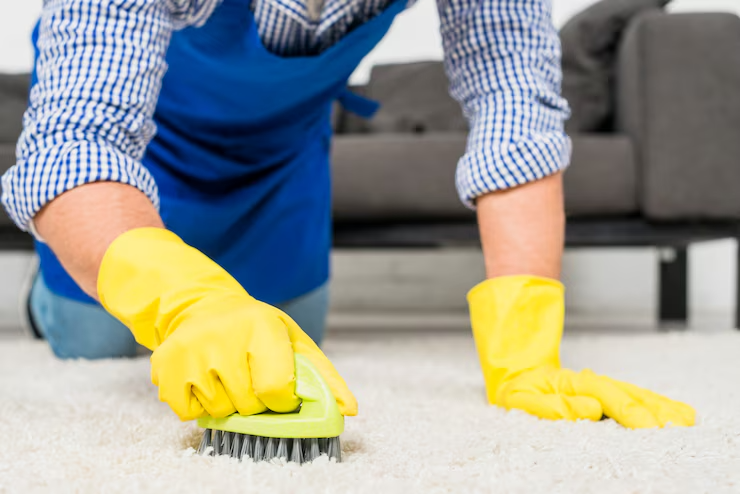Cleaning is the process of removing dirt, dust, germs, and unwanted substances from surfaces, objects, and environments. It plays a critical role in maintaining hygiene, promoting good health, and creating safe and pleasant surroundings. Whether in homes, schools, workplaces, or public spaces, cleaning is essential for both functional and psychological well-being.
One of the most important reasons for cleaning is health. Unclean environments are breeding grounds for harmful bacteria, viruses, and other pathogens that can cause infections and diseases. Regular cleaning, especially of high-touch surfaces like door handles, kitchen counters, and bathroom fixtures, helps to minimize the spread of illnesses. During health crises like the COVID-19 pandemic, the significance of proper cleaning practices became more evident than ever. In healthcare settings, cleaning is even more critical, as it helps prevent hospital-acquired infections and ensures a sterile environment for patient care.
Cleaning also contributes to safety. In industrial settings, accumulated dust or chemical spills can lead to fires or hazardous reactions. In homes, cluttered or dirty spaces can cause slips, trips, and falls. Clean, well-maintained areas reduce the risk of accidents and ensure that equipment and tools work efficiently and safely. For example, a clean kitchen helps avoid food contamination, and a clean garage reduces the chances of mechanical failures or injury.
From a psychological perspective, a clean space supports mental clarity and emotional well-being. Studies show that clean and organized environments reduce stress, boost productivity, and improve mood. Clutter and mess can lead to feelings of overwhelm, anxiety, and distraction. Whether it’s a student trying to focus in a tidy study space or an employee working in a neat office, cleanliness fosters efficiency and a sense of control.
Cleaning also enhances aesthetics and comfort. Clean spaces are more visually appealing and comfortable to live or work in. Clean homes feel more welcoming, clean hotels attract more guests, and clean restaurants build trust among customers. In commercial settings, cleanliness can influence customer satisfaction and brand reputation. People are more likely to return to a clean, well-kept business than one that looks dirty or neglected.
Moreover, regular cleaning helps preserve the longevity and value of objects and spaces. Dirt, mold, and grime can cause gradual damage to furniture, electronics, floors, and infrastructure. By maintaining cleanliness, individuals and organizations can avoid costly repairs or replacements. This is especially true in sectors like hospitality, real estate, and automotive, where cleanliness directly impacts asset value and maintenance costs.
Lastly, cleaning also promotes environmental responsibility when done correctly. Eco-friendly cleaning products and sustainable practices help reduce pollution and conserve resources, making cleaning not just a personal or commercial priority, but also a global one.
In conclusion, cleaning is not just about appearances—it’s a vital practice that affects health, safety, efficiency, comfort, and even sustainability. Whether done at home, in a hospital, or in a factory, cleaning supports a better quality of life and is an essential part of responsible living.



